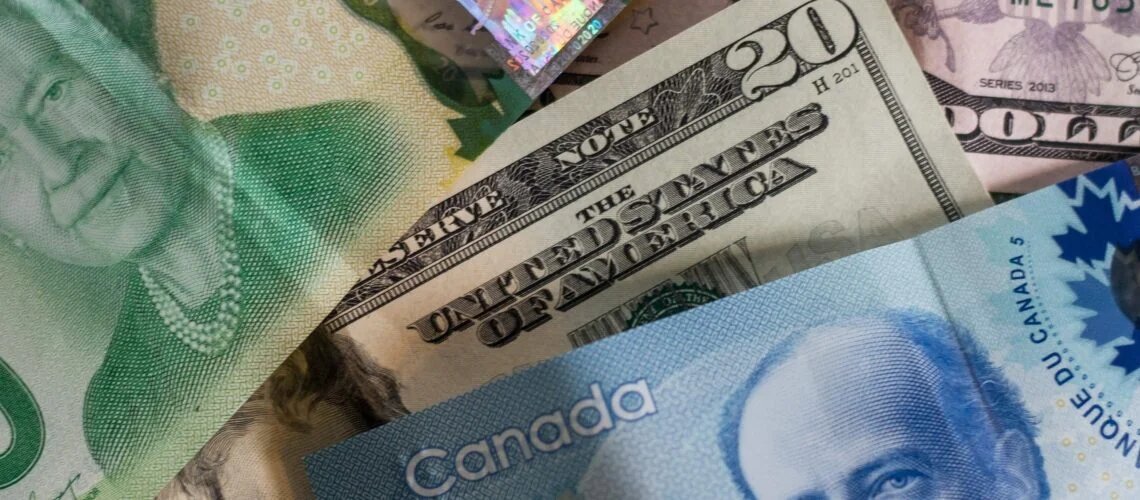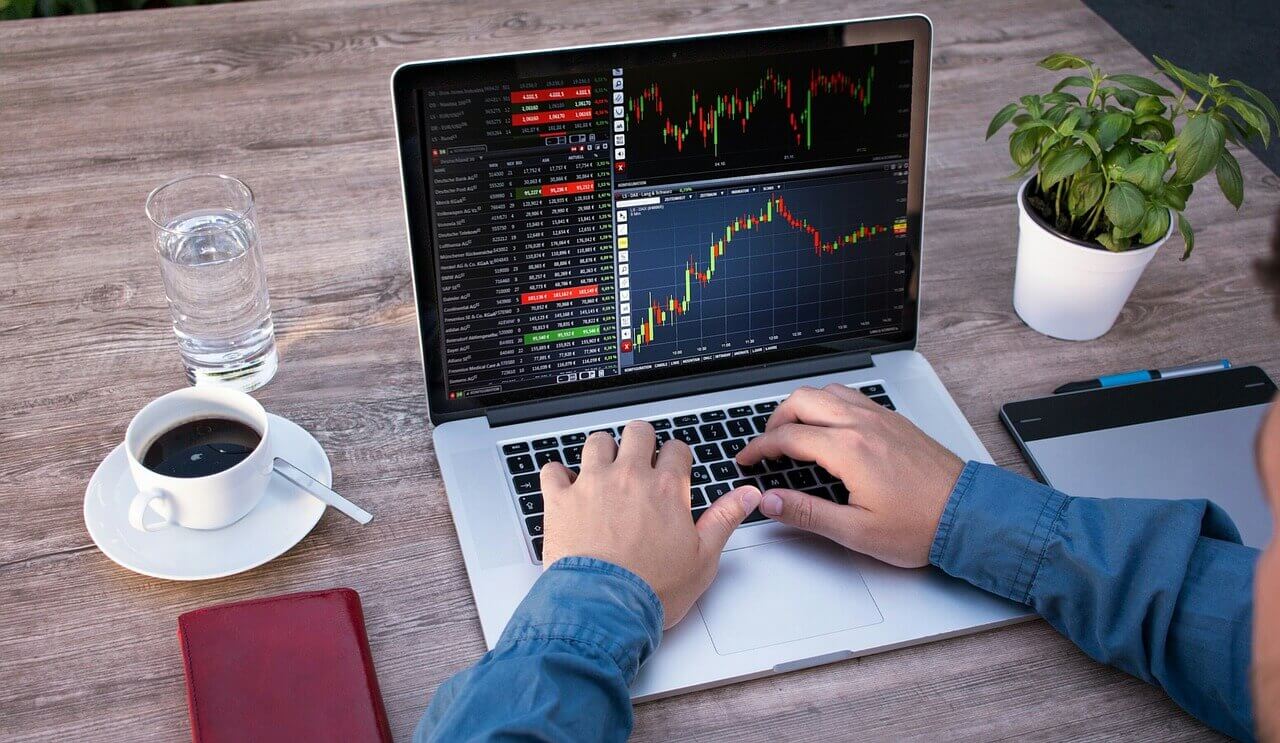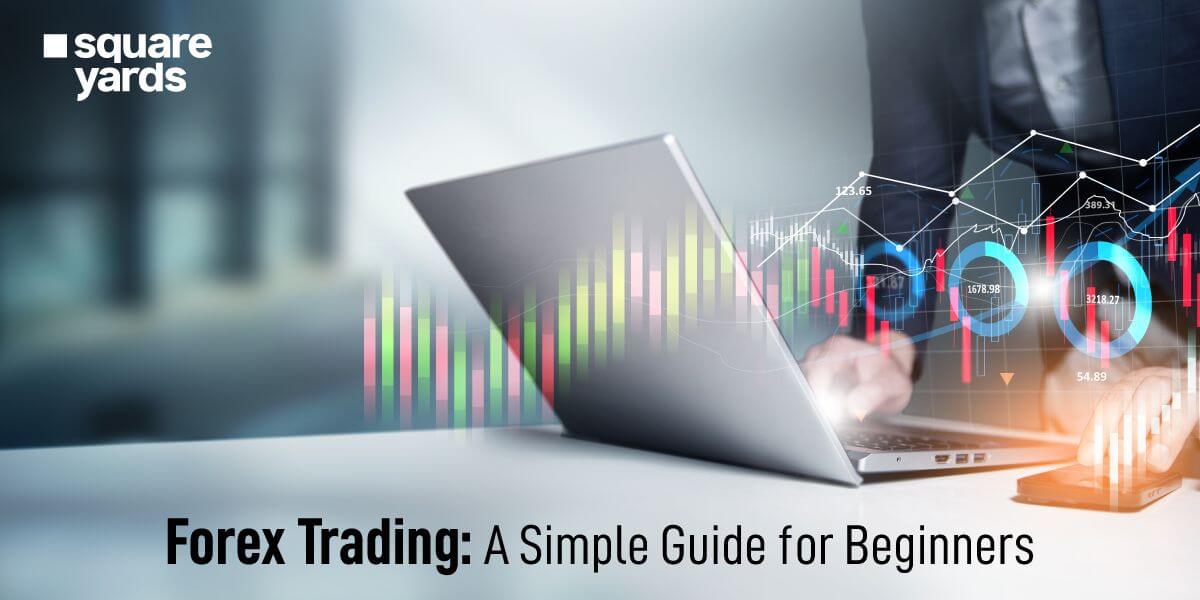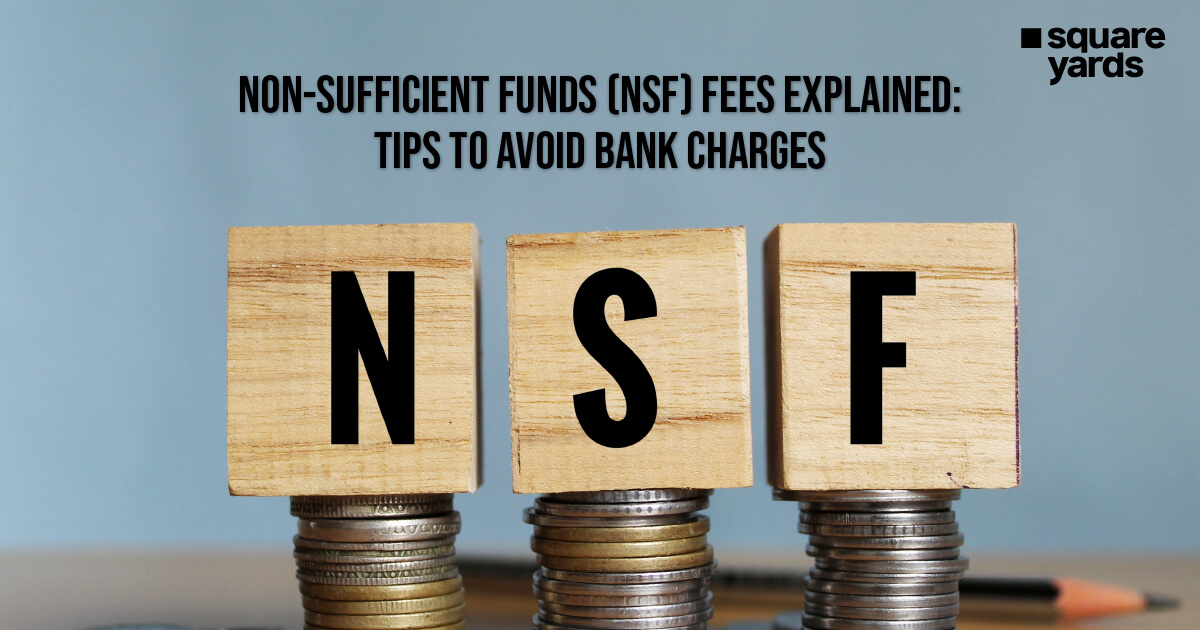Are you curious about what forex trading in Canada is like? You’re in the right place. We’ll cover the basics, explain how the Forex market works, and provide steps to start trading. Whether you’re new to Forex or looking to expand your knowledge, this guide will give you the insights you need to navigate the world of currency trading.
Without any further ado, let us get learning!
What Do You Mean By Foreign Exchange Market?
The foreign exchange market, or Forex or FX, is where currencies are bought and sold. It is the largest financial market globally, operating 24 hours a day, five days a week. Unlike the stock market, forex trading happens over-the-counter (OTC) through a global network of banks and financial institutions without a central exchange. This market plays a crucial role in international trade and finance, affecting the prices of goods, travel costs, and investment returns.
What Factors Influence the Forex Market?

Several important factors influence currency exchange rates, and the Forex market is very volatile. Understanding these variables can aid traders in making well-informed decisions:
Interest Rates
Central banks set interest rates to promote economic expansion and rein in inflation. Increased demand and a rise in the currency’s value result from higher interest rates, which draw overseas investors looking for greater profits. On the other hand, a currency’s value tends to decline with lower interest rates.
Inflation Rates
Inflation affects a currency’s purchasing power. Countries with lower inflation rates usually see an appreciation in their currency value, while higher inflation can lead to depreciation. Inflation rates are closely monitored as they directly impact exchange rates.
Economic Performance
Economic growth, employment numbers, and manufacturing output influence a country’s currency value. When an economy is strong, it attracts foreign investment, increasing the demand for the currency and raising its value. Weak economic performance can lead to a decrease in the currency’s value.
Political Stability
Currency strength results from foreign investments drawn to stable political environments. On the other hand, when investors seek safer havens, political unrest or uncertainty can decrease currency value.
Market Trends
Short-term currency fluctuations may be influenced by trader and investor perspectives. Good news and economic indicators can elevate the market mood and raise the demand for a given currency.
Balance of Trade
A country’s trade balance, the difference between exports and imports, impacts its currency value. A trade surplus (exports greater than imports) tends to strengthen a currency, while a trade deficit can weaken it.
Geopolitical Events
War, natural disasters, and political unrest can generate uncertainty in the forex market and cause volatility and currency value changes. During such periods, safe-haven currencies like the US dollar and Japanese yen sometimes increase in value.
What Is Forex Trading?

Forex trading, FX or foreign exchange trading, involves buying one currency while selling another. It’s like trading stocks, but instead, you trade currencies. The goal is to profit from changes in currency values. The Forex market is the world’s largest and most liquid financial market, operating 24 hours a day, five days a week. Large institutions, like banks, do most of the trading, but individual traders can also participate through brokers. While it offers profit opportunities, Forex trading is complex and carries a high level of risk.
Forex Trades with Dealers Versus Brokers
In the Forex market, trades are conducted through dealers and brokers, but they play different roles.
|
Dealers |
Brokers |
|
Dealers, also known as market makers, facilitate Forex exchange trading by setting their prices through quotes. They make money through the spread, the difference between buying and selling prices. |
Brokers serve as middlemen between traders and the foreign exchange market. They link dealers to the market, where supply and demand determine prices rather than setting prices themselves. Brokers make money through commissions and spread markups. |
|
When you trade with a dealer, they are the counterparty to your trade, meaning they take the opposite side of your transaction. Dealers can influence prices to some extent, and they profit from the spread of each trade. |
Brokers frequently offer other services, including market analysis, educational materials, and trading platforms and tools. They can also assist you in locating the finest deals offered by various dealers. |
The Working of FX Trading
Forex trading, sometimes called FX trading, involves buying and selling currencies. The aim is to make money from shifts in the value of one currency relative to another.
This is how foreign exchange trading works—
Currency Pairs
In Forex trading, currencies are traded in pairs. Each pair consists of a base currency and a quote currency. For example, in the pair EUR/USD, the euro (EUR) is the base currency, and the US dollar (USD) is the quote currency. The exchange rate tells you how much of the quoted currency is needed to buy one unit of the base currency.
Bid and Ask Prices
When trading Forex, you’ll see two prices: the bid and the ask prices. The market is willing to pay the bid price for the base currency, while the asking price is what the market is willing to sell it for. The difference between these two prices is called the spread, representing the broker’s profit.
Placing a Trade
To place a trade, decide whether you think the base currency will rise or fall against the quote currency. If you believe the base currency will strengthen, you place a buy order. If you think it will weaken, you place a sell order. For example, if you think the euro will increase in value against the dollar, you would buy EUR/USD.
Leverage
Forex trading often involves leverage, which allows you to control a large position with a relatively small amount of money. For example, with 100:1 leverage, you can control $100,000 with just $1,000. While leverage can amplify your profits, it can also magnify your losses, making it a double-edged sword.
Monitoring the Market
After placing a trade, it’s crucial to monitor the market. Traders make informed decisions using technical analysis (studying past market data) and fundamental analysis (looking at economic indicators and news). Various factors, including interest rates, financial data, and geopolitical events, can influence price movements.
Closing a Trade
To realise your profit or loss, you need to close your trade. This involves placing an order that is opposite to your original one. If you bought EUR/USD, you would sell it to close the position. The difference between the opening and closing prices will determine your profit or loss.
How To Place A Trade
A simple go-ahead on how to place a trade and get started with forex investment:
Understand the Forex Market
Understand the fundamentals of Forex trading in Canada. Recognise important words such as leverage, pips, and currency pairs. Understand that this market is extremely unstable and that many factors, including world news and economic indices, can impact it.
Educate Yourself
Learn as much as you can about fundamental and technical analysis. Develop your trading techniques, comprehend indicators, and read charts. You can increase your knowledge by using a variety of books, classes, and online resources.
Choose a Reputable Broker
Select a broker regulated by a recognised body, like Canada’s Canadian Investment Regulatory Organisation (CIRO). Ensure the broker offers a user-friendly trading platform, good customer service, and transparent fee structures.
Open a Trading Account
To sign up, choose a broker and open a trading account. You’ll need to provide some personal information and documents for verification. Then, select the type of account that best suits your needs—a standard, mini, or micro account.
Fund Your Account
You can deposit money into your trading account using bank transfers, e-wallets, or credit/debit cards. Many brokers provide demo accounts for practising trading without risking real money.
Develop a Trading Strategy
Create a solid trading plan that includes your goals, risk tolerance, and money management rules. Decide your trading style, whether day trading, swing trading, or long-term trading.
Stay Informed
Stay updated on market news and trends, as political events, economic reports, and global factors can significantly impact currency prices.
Monitor and Evaluate Your Trades
Keep a close eye on your trades and regularly review your performance. Maintain a trading journal to track your decisions and outcomes, which will help you refine your strategy over time.
Strategies for Forex Trading in Canada
Developing a solid strategy is crucial for successful FX trading. These strategies depend on small fluctuations in the foreign exchange market.
News Trading
This strategy involves making trading decisions based on economic news and data releases. Traders monitor news reports on GDP, employment rates, interest rates, and other financial indicators. Positive or negative news can cause significant price movements, presenting trading opportunities.
Scalping
Scalping is a short-term strategy focused on making small profits from minor price changes. Traders execute many trades throughout the day, aiming to gain a few pips each time. This strategy requires quick decision-making and extensive market monitoring.
Day Trading
Day traders open and close positions within the same trading day to avoid overnight risks. They rely on technical analysis and short-term charts to make their trades. This strategy suits traders who can dedicate several hours daily to their trading activities.
Swing Trading
Swinging traders keep their positions for a few days or weeks to profit from price swings. This approach finds patterns by examining longer-term charts. Patience and the capacity to maintain positions during market swings are criteria for swing trading.
Trend Trading
Trend trading focuses on identifying and following the overall direction of the market. Traders look for bullish (upward) or bearish (downward) trends and enter trades that align with them. This strategy works well for traders who can spot and stick with trends over time.
Carry Trade
In a carry trade, traders borrow money in a currency with a low interest rate and invest it in a currency with a higher interest rate. The goal is to profit from the difference in interest rates. This strategy can be risky if exchange rates move unfavourably.
Range Trading
Finding the price ranges a currency pair is trading in is the first step in range trading. Traders purchase at the lower boundary or support level while they sell at the upper boundary or resistance level. This approach performs well in markets with weak trends.
Algorithmic Trading
Algorithmic trading uses computer programs to make trades based on preset criteria. These programs can study market data and execute trades faster than human traders. This strategy requires programming knowledge and access to advanced trading software.
Position Trading
Traders in positions maintain their trades for extended periods, ranging from months to years. They are less concerned with ephemeral market movements and base their decisions on basic analysis. Traders who favour a long-term approach will find this method appealing.
Risk Management
It’s important to manage risk no matter what strategy you use. You can limit potential losses by using stop-loss orders and secure gains with take-profit orders. Know how much risk you can handle, and don’t risk more than you can afford to lose.
What Are The Risks In FX Trading?
Forex trading comes with a lot of risk, so traders need to know what to expect. Due to the rapid fluctuations in currency prices caused by economic data, geopolitical events, and market sentiment, market volatility can result in significant losses. Influence, while permitting brokers to control huge situations with little capital, can intensify losses, surpassing the underlying venture. Trading with reputable, regulated brokers can reduce counterparty risk or the possibility that a broker or financial institution will not fulfil its obligations. The significance of adhering to a well-thought-out trading strategy is emphasised by the fact that emotional trading, driven by impulsive decisions made during market movements, frequently results in significant losses. CIRO is highlighted by traders being exposed to fraud and unethical practices in some regions due to the absence of regulation. Anyone considering Forex trading must understand these dangers and implement efficient risk management strategies.
Forex Regulations In Canada
Forex trading in Canada is highly regulated to protect investors and maintain market integrity. The primary regulatory bodies are the Canadian Investment Regulatory Organisation (CIRO), formerly known as IIROC, and the Canadian Securities Administrators (CSA). CIRO oversees security dealers, brokers, and trading activities, ensuring that firms adhere to strict standards of conduct and financial stability. Each province and territory in Canada has its own securities commission, which works alongside CIRO to regulate the Forex market. Firms and individuals offering Forex trading services must be registered with CIRO and the relevant provincial securities commission. This registration ensures that brokers meet high transparency, accountability, and financial integrity standards.
CIRO mandates brokers provide negative balance protection and maintain segregated accounts for client funds to enhance security. These regulations aim to safeguard traders from fraudulent practices and significant financial losses. The robust regulatory framework in Canada helps ensure that Forex trading in Canada is conducted fairly and transparently, protecting individual and institutional investors.
Forex Trading Vs. Stock Trading
Forex trading and stock trading have some key differences. In Forex trading, you buy and sell currencies in pairs, like USD/EUR. On the other hand, stock trading involves buying and selling shares of companies. The Forex market is open 24 hours a day, five days a week, because it operates across different time zones. Stock markets, however, have specific trading hours based on their locations. Trading Forex offers higher leverage, meaning you can control larger trades with less money. This can lead to bigger profits but also bigger losses. Stock trading usually has lower leverage, making it less risky.
The Forex market is decentralised, meaning there’s no central exchange, and trades happen over-the-counter (OTC). Stock trading happens on regulated exchanges like the New York Stock Exchange (NYSE), which can provide more transparency and stability. In short, Forex trading is better for those who are comfortable with high-risk and fast-paced trading. Stock trading is often better for those seeking more stable and long-term investments.
Wrapping It Up
Trading Forex presents great potential for those ready to study and work through its difficulties. Despite risks, there might be big potential gains with the correct approach and perseverance. Canada’s strong regulatory structure guarantees a safer trading environment, which attracts novice and seasoned traders. As you learn and develop in your Forex adventure, remember to maintain awareness, control your risk, and trade sensibly at all times. Forex trading has a bright future ahead of it, and you may participate in this exciting industry with commitment and understanding.
Frequently Asked Questions (FAQs)
Is Forex Trading tax-free in Canada?
No, Forex Trading in Canada is not exempt from taxes. Forex trading profits must be recorded as investment income, capital gains, or self-employment income. Tax filings for traders must reflect their gains, and they might also be able to claim losses to offset other income.
What is the best trading platform in Canada?
Depending on personal tastes, each person may have a different favourite trading platform in Canada. However, some of the greatest ones include MetaTrader 4 (MT4), MetaTrader 5 (MT5), and TradingView. While TradingView is well-known for its robust charting tools and active social trading community, MT4 and MT5 are well-liked for their intuitive user interfaces and sophisticated trading features.
Are Forex brokers legal in Canada?
Yes, Forex brokers are legal in Canada. However, they must be properly regulated by the Canadian Investment Regulatory Organisation and registered with the relevant provincial securities commissions.











